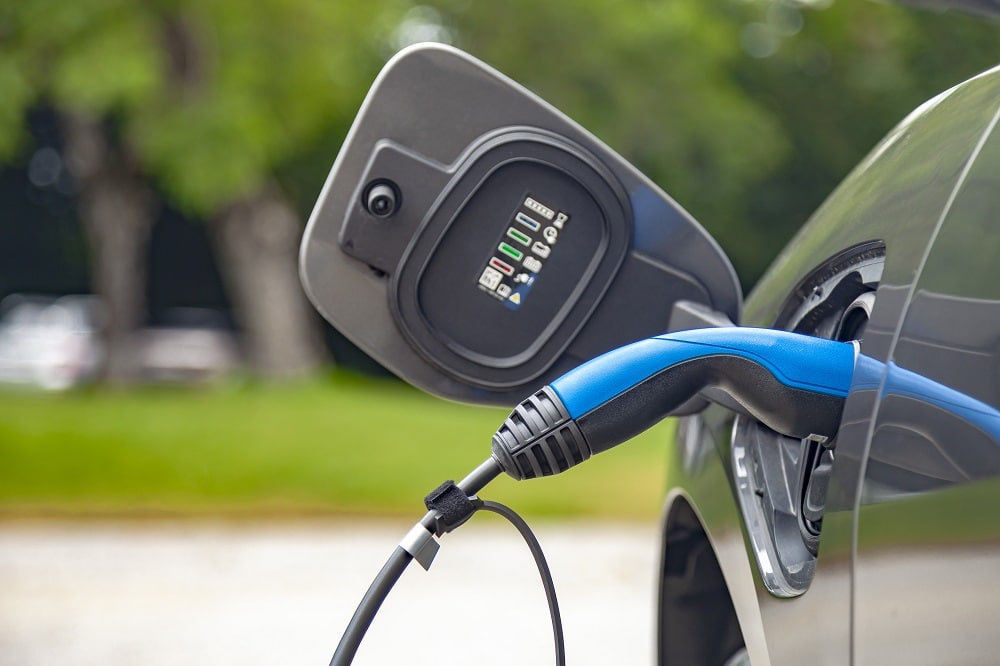High prices are one of the biggest barriers for drivers who wish to switch to electric vehicles. According to a YouGov survey conducted for Transport & Environment, as much as 20% of new car buyers in Poland intend to purchase an electric vehicle. The percentage of interested buyers jumps to 31% if a small model worth 25 thousand euros is introduced to the market. Electric mobility could be boosted by the provision of subsidies for people on lower incomes to buy electric vehicles. A similar programme in France has seen record-breaking popularity.
– In recent years, prices have skyrocketed for all vehicles on the market – both electric and combustion engines, as manufacturers focus on large premium models. In other parts of the world, like in China, where manufacturers cater to all market segments, vehicle prices have decreased. That’s why we’re advocating for this concept in Europe, thanks to which the average price could decrease, just like in China. We currently expect that for analogous vehicles, for example, the VW Polo and its electric equivalent, their prices will be similar within the next two-three years – said Anna Krajinska, manager in charge of vehicle emissions and air quality at Transport & Environment, in conversation with Newseria Biznes.
The main barrier to purchasing an electric vehicle is the price, according to a study conducted by the non-governmental organization Transport & Environment (T&E), based on an analysis by the consulting firm Syndex. According to a YouGov survey, every fifth person who plans to buy a new car this year will choose an electric vehicle. Of those who stated that they would most likely buy a car with a combustion engine, 13% stated that they would switch to an electric car if a small model worth 25 thousand euros (110 thousand PLN) was available on the market. Of those who were undecided, 21% would choose an electric vehicle if a small, cheap model was available.
According to T&E’s analysis, only 17% of electric cars sold belong to the B-segment, which is more affordable. The percentage for combustion engine cars in this segment is 37%. Meanwhile, in the D-segment these percentages are reversed – 28% for electric cars and 13% for combustion engine cars. According to the expert, European manufacturers, focussing on the premium segment and SUVs, are hindering the mass-market entrance of electric vehicles.
– Price is the main problem. The choice is also problematic, as there are not as many models of electric cars available across all segments as there are for cars with combustion engines. Therefore, car manufacturers need to introduce a full range of models to the market. Of course, consumers are still getting used to this technology, but from their opinions, it seems that they really are beginning to appreciate electric cars. When they get their first such vehicle and start using it, they realize that it’s really simple,” says Anna Krajinska.
According to the T&E experts’ prediction in last year’s analysis, small electric cars worth 25 thousand euros could be profitable by 2025, with a margin estimated at 4%. Betting on such production could mean that European vehicles could compete with “made in China” electric cars, which are currently offered at a much lower price. In Poland, calculating the percentage of people interested in purchasing a small electric car, the increase in sales could reach 46 thousand units.
Social programs, such as subsidies for less affluent people to purchase electric cars, could help increase the level of electromobility, according to the expert. An example is the social leasing introduced in France, which allows for the rental of an electric car. The government recently announced that due to the huge interest and budget possibilities, the program is being suspended until at least the end of the year.
– The program is aimed at low-income individuals and allows for the rental of electric vehicles for 50–150 euros per month. In the first period of the program, over 50 thousand people took advantage of the lease within just two months, which clearly shows that there’s a high demand and a desire among low-income individuals to switch to electric cars, including those who can not yet afford them. If similar programs were launched in other European countries, they could contribute to the concept of e-mobility accessible to all,” explains the representative of Transport & Environment.
Another possibility to accelerate the electrification of transport is a change in corporate car fleets. According to last year’s “Fleet Barometer” created by the Arval Mobility Observatory, Polish entrepreneurs are ready to expand their car fleets more than companies in other European countries. They mainly want to drive electrics due to lower operating costs – over 70% want to use electrified personal cars. One in three companies (35%) plans to introduce electric cars to their fleets within three years, and 16% of companies already have them.
– The EU is currently dealing with regulations aimed at accelerating the transition to electric vehicles by companies. Setting a standard whereby all company cars should be electric by 2030 is an effective way of speeding up electrification. Such a policy is also beneficial for private consumers, as such cars enter the secondary market within two-four years. Most private consumers currently use used cars. This could therefore be an excellent source of electric cars for these individuals, says Anna Krajinska.
